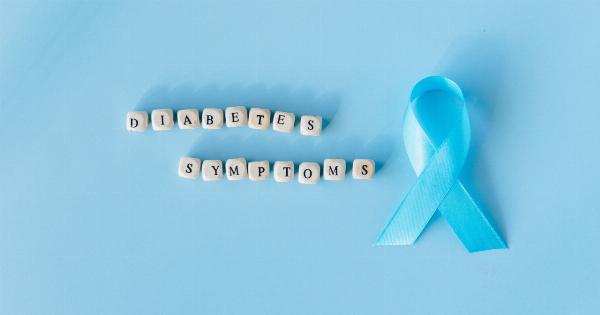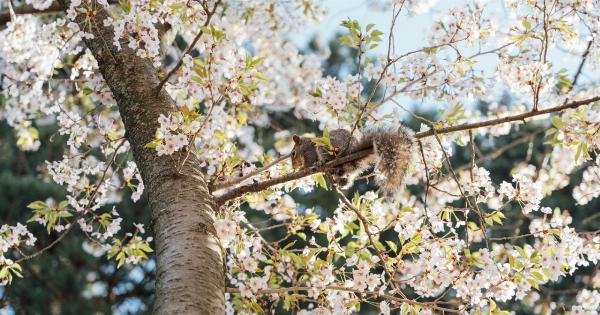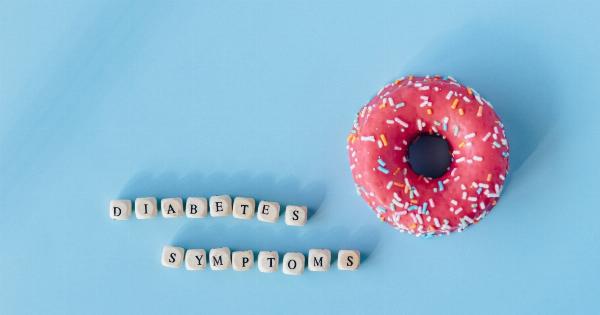Allergies are common and affect millions of people around the world. Unfortunately, there are many myths and misconceptions surrounding allergies that can make it difficult to understand and manage them effectively.
In this article, we will explore four common allergy myths and uncover the truth behind each one.
Myth 1: Allergies Only Occur in Spring
One of the most widespread allergy myths is that allergies only occur during the spring season. While it is true that allergens such as pollen are more prevalent during the spring months, allergies can occur at any time of the year.
Different allergens, such as pet dander, dust mites, and mold, can trigger allergic reactions throughout the year.
To manage allergies effectively, it is important to determine the specific allergens that affect you and take appropriate measures to minimize your exposure to them, regardless of the season.
Consultation with an allergist can help you identify your allergens and develop a personalized treatment plan.
Myth 2: Moving to a New Location Can Cure Allergies
Another common myth is that moving to a different location can cure allergies. While it is true that certain environments may have lower levels of specific allergens, it is not a guaranteed cure for allergies.
Allergens exist everywhere, and even a location with fewer allergens can still trigger allergic reactions in susceptible individuals.
It is important to note that individuals can develop new allergies in different environments. For example, moving to an area with a high concentration of pollen may lead to the development of pollen allergies.
Proper management of allergies involves identifying the specific allergens and implementing preventive measures regardless of the location.
Myth 3: Avoiding Allergenic Foods Is Sufficient
Many people believe that avoiding allergenic foods is sufficient to manage food allergies. While eliminating the trigger foods from your diet is crucial, it is not the only step in managing food allergies effectively.
Cross-contamination can occur in food manufacturing facilities, restaurants, and even at home, leading to accidental exposure to allergens.
It is necessary for individuals with food allergies to be vigilant about reading food labels, communicating their allergies to restaurant staff, and learning how to recognize hidden sources of allergens.
Moreover, having an emergency action plan and carrying necessary medications, such as epinephrine, is essential to address severe allergic reactions.
Myth 4: Allergies Are Not Serious Conditions
Some individuals believe that allergies are not serious conditions and do not require medical attention. However, allergies can vary in severity, and for some individuals, they can be life-threatening.
An allergic reaction can lead to anaphylaxis, a severe and potentially fatal allergic response that requires immediate medical treatment.
It is important to seek medical advice if you suspect you have allergies or have experienced severe allergic reactions in the past.
Your healthcare provider can help you in accurately diagnosing your allergies, providing appropriate treatment, and guiding you on emergency measures, if necessary.
The Bottom Line
Understanding the truth behind common allergy myths is crucial for managing allergies effectively.
allergies can occur at any time of the year, moving to a different location is not a guaranteed cure, avoiding allergenic foods alone is not enough, and allergies can be serious and potentially life-threatening. Consulting with healthcare professionals, such as allergists, can help you determine your specific allergies and develop an appropriate treatment plan tailored to your needs.


























